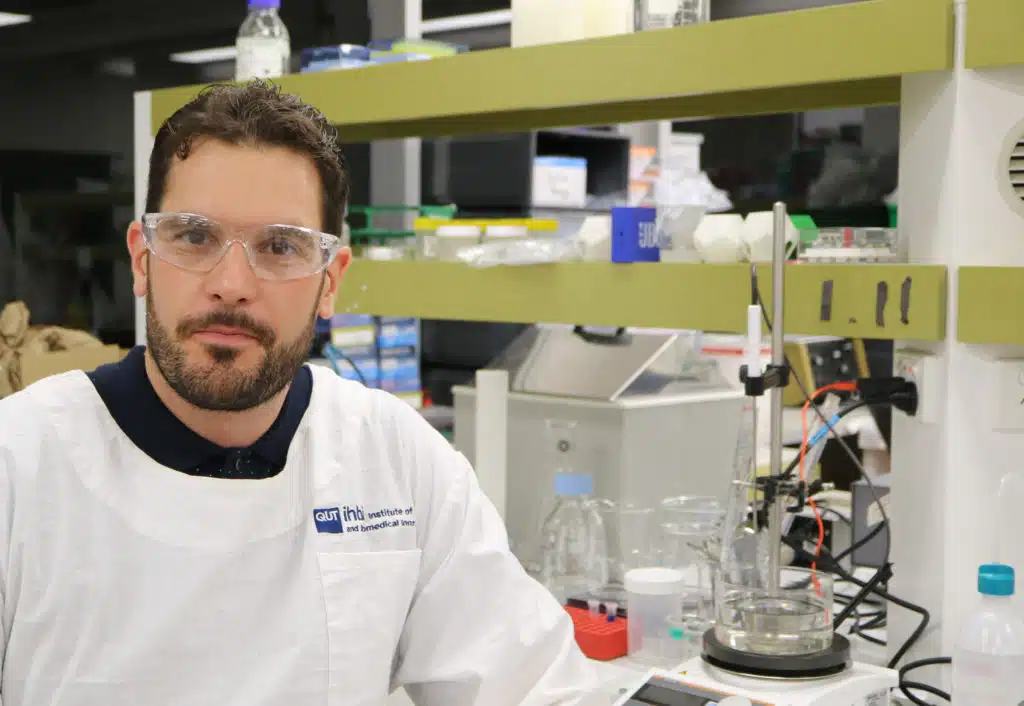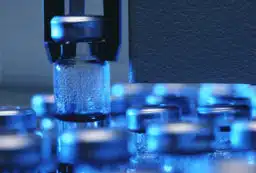3D bioprinting of organs with edible seaweed for pharmaceutical research
Bringing a new pharmaceutical drug to people can cost as much as one billion dollars, and take over 30 years. Aurelien Forget (Queensland University of Technology) is trying to reduce that time and cost by using edible seaweed to 3D-print organ replicates.
The edible seaweed forms a jelly that is 3D-printed with cells to form organ replicates in a petri dish. These replicates can be then used to quickly and safely test new drugs.
So far, in this edible jelly, Aurelien has grown blood vessels and organised human stem cells into 3D objects.
Being able to test drugs on printed organs would reduce the need for animal testing as well as the time and cost to bring a new drug to market.





 Fresh Science is on hold for 2022. We will be back in 2023.
Fresh Science is on hold for 2022. We will be back in 2023.